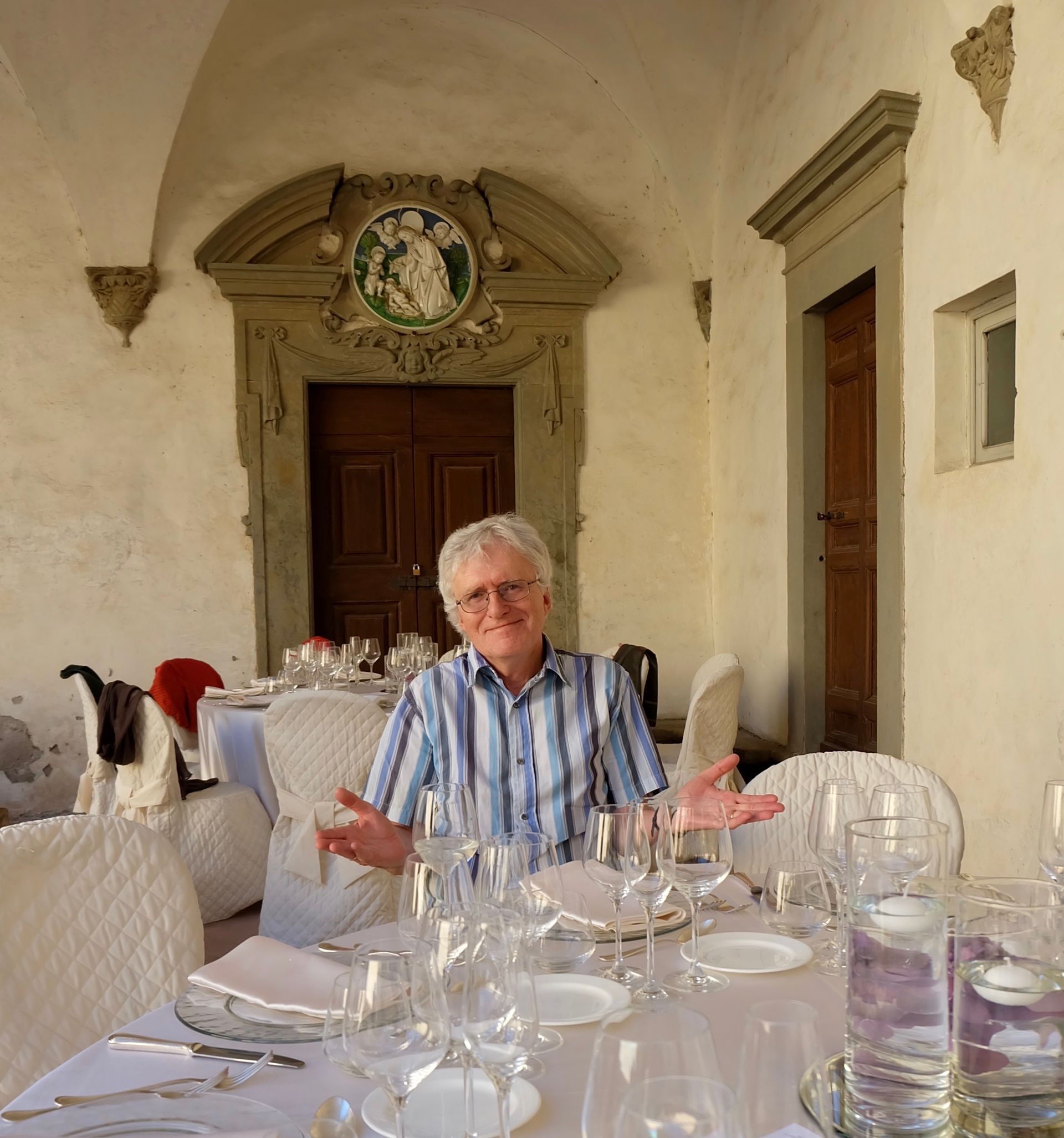A midsummer night’s dream
David Moss ANU
The Visible Earth (NASA)
‘[A] diversity of ways of life which are deeply embedded in the past and of which the much-advertised political differences are but the outward and visible sign. That was the true anarchy that beset the country … it was not primarily an anarchy of violence in the streets, of contempt for law and order such as to make the [country] ungovernable. It was rather an anarchy of the mind and in the heart, an anarchy which .. sprang from the collision .. of seemingly irreconcilable cultures, unable to live together or to live apart, caught inextricably in the web of their tragic history’. That sounds like a perceptive description of some of the roots of political and social conflict in modern Italy, that country of ‘passionate intensity and fragile structures’ as Aldo Moro described it in his last speech.
Perhaps it does but it isn’t. It’s a (lightly edited) quotation from F.S.L.Lyons’ classic analysis of Irish life, Culture and Anarchy in Ireland (1890-1939 ). Coming across it recently in Roy Foster’s account of the making of his Ford Lectures in 2012 made me think how much interesting and imaginative comparative work on Italy can be done. The introverted default position, in the mass media and in the academy, seems to be that the country is by historical and political definition an anomaly, uniquely engaged in perpetual but unconvinced and unavailing efforts to become ‘normal’. But any country is of course anomalous by comparison with somewhere else – selective choice of comparators, from Albania to Zimbabwe, can make anywhere look either pretty odd or utterly normal.
Take politics. Berlusconi might look anomalous with regard to contemporary western European leaders, even if to encounter leaders who share much of his approach to the relations between law and politics and between friend and foe we don’t have to go far back in time before we meet Mussolini, Franco and Salazar, or travel far to the east today before Lukashenko, Orban and Putin greet us. His techniques for gaining and retaining power would also look perfectly normal to, say, the Big Men of Pacific politics. Building up a following by gifts and exchanges, rewarding loyal acolytes, detaching men from opposing groups, persuading through the power of oratory (sc. relentless deployment of press and tv) – all this would be entirely familiar to successful and renowned leaders across the Pacific, although they would rightly regard Berlusconi’s oratorical abilities as far inferior to their own. (Berlusconi is surely closer in style to Liberace – watch Soderbergh’s Behind the Candelabra – than to anyone with pretensions to serious political leadership. Including politics among the means used to protect la roba is something different). The clash of frames of reference produces creativity, wit and discovery. So – here’s where that dream kicks in – why not increase our small stock of far-flung comparisons, complement the valuable but limited measuring of statistical differences between Italy and other EU states on welfare expenditure, employment rates, public opinion and so on, and see what the help of unfamiliar and hitherto untested guides can reveal to us about the culture and society of il Belpaese ?









